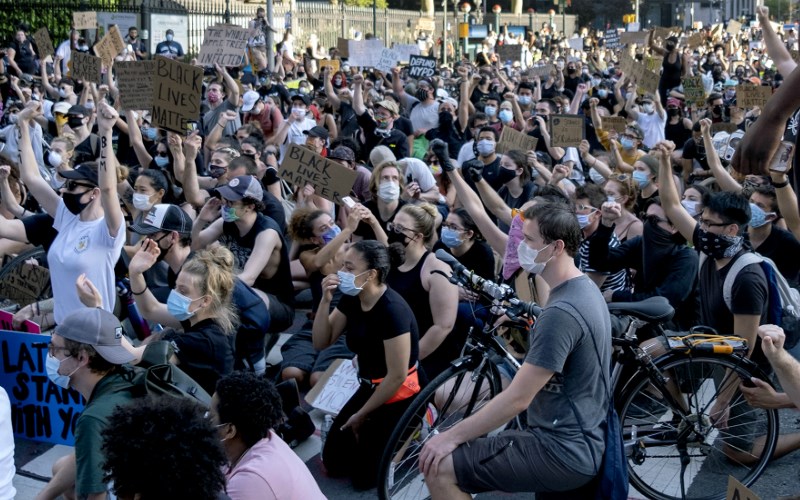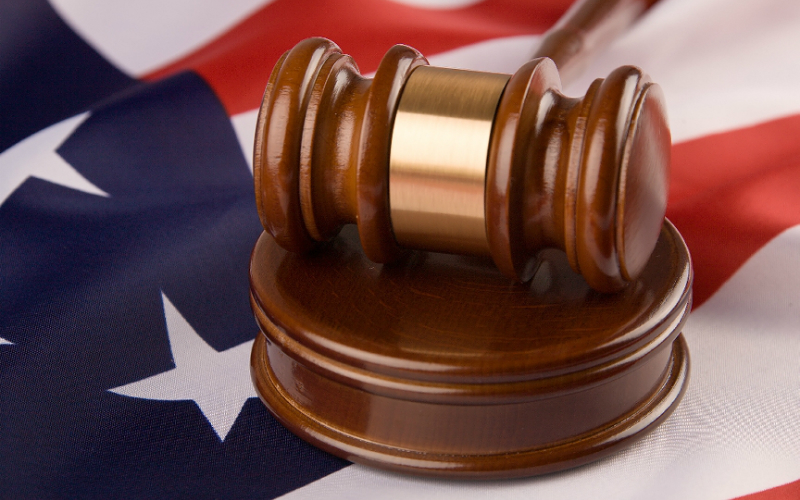The measure came in response to protests after the police-involved death of George Floyd in 2020. While some were peaceful, others were violent, and in an effort to prevent the latter from happening again, legislators raised criminal punishments for willingly participating in or inciting a riot.
Six House Democrats — including one who was a chief sponsor — voted in favor of the measure when it passed the chamber in February. So later this year, fines and prison time will increase, typically by a couple years or more, for protestors who brandish a weapon, injure another person, or cause significant property damage, and protestors who cause a death or incite a riot that contributes to a death are also addressed.
The American Civil Liberties Union, however, says provisions of the law are overly broad, including the definition of a riot as a "public disturbance" involving three or more people whose assembly causes injury or damage or creates a "clear and present danger" of injury or damage. ACLU also believes the law is unconstitutional because it "impermissibly criminalizes North Carolinians who exercise their fundamental free speech, assembly, and petitioning rights."
Meanwhile, social justice advocates claim the measure targets Black Lives Matter and other minority groups.
Mat Staver, founder and chairman of Liberty Counsel, points out that laws to limit violence are already on the books.

"You have a mixture sometimes of peaceful activities and violent activities, but just because you have people that engage in violence or break the law does not mean that you can therefore limit those people who engage in otherwise peaceful protected free speech," says Staver. "When you create a law like this, you have to be very precise so that everyone knows exactly where the line is that is being crossed from lawful to unlawful activity, and I think that's really part of the issue here in this lawsuit."
Under the law, business owners can seek compensation from protesters who damage property, equal to three times the monetary damage.
Those accused of rioting or looting will also have to wait 24 hours before their bond is set. Bill supporters argued that defendants could otherwise be released immediately by a magistrate and continue causing destruction.







